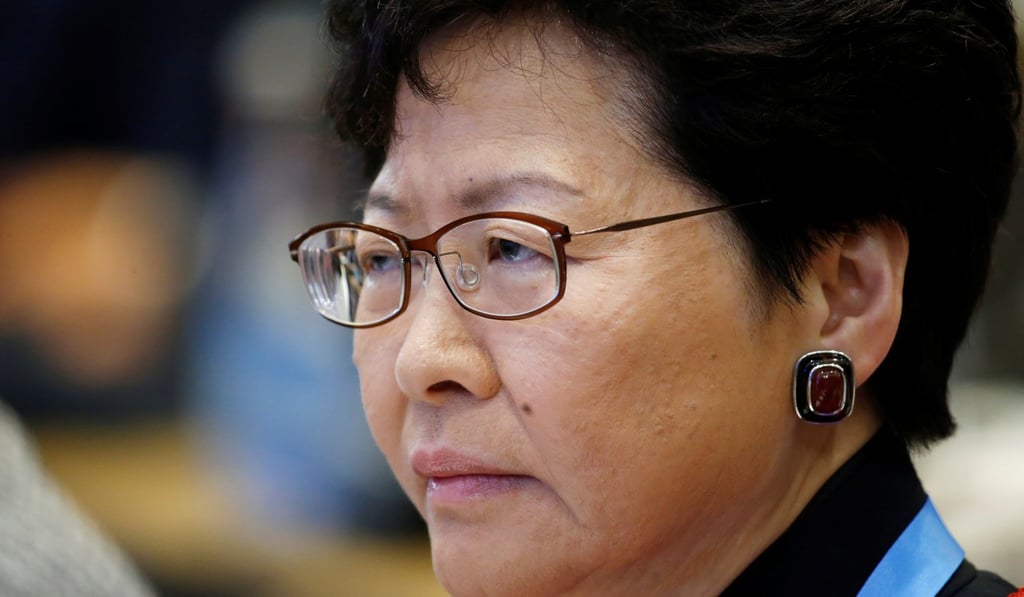11 EU representatives meet Hong Kong leader Carrie Lam to protest against controversial extradition bill as government gathers 100 officials to build united front
- Sources say they asked chief executive to add safeguards so judiciary will take international human right standards into account in vetting transfer requests
- Government holds special meeting hosted by No 2 official involving ministers, permanent secretaries and their deputies

Sources said they asked Lam to add safeguards so the judiciary would take international human rights standards into account in vetting fugitive transfer requests under the amended legislation, which would allow criminal suspects to be sent back to mainland China.
“We can confirm that the EU Office to Hong Kong and Macau, together with its member states, met Chief Executive Carrie Lam to carry out a démarche reiterating their concerns regarding the government’s proposed amendments to Hong Kong’s Fugitive Offenders Ordinance,” a spokesman for the EU Office said.

A source told the Post the EU nations wanted extra precautions put in place that would have similar standards as international human rights accords and the Hong Kong Bill of Rights.
Eight members of the US Congress and the Congressional-Executive Commission on China also sent a letter to Lam on Thursday, asking for the extradition bill to be withdrawn. They expressed concern that the bill would negatively impact the relationship between the United States and Hong Kong.